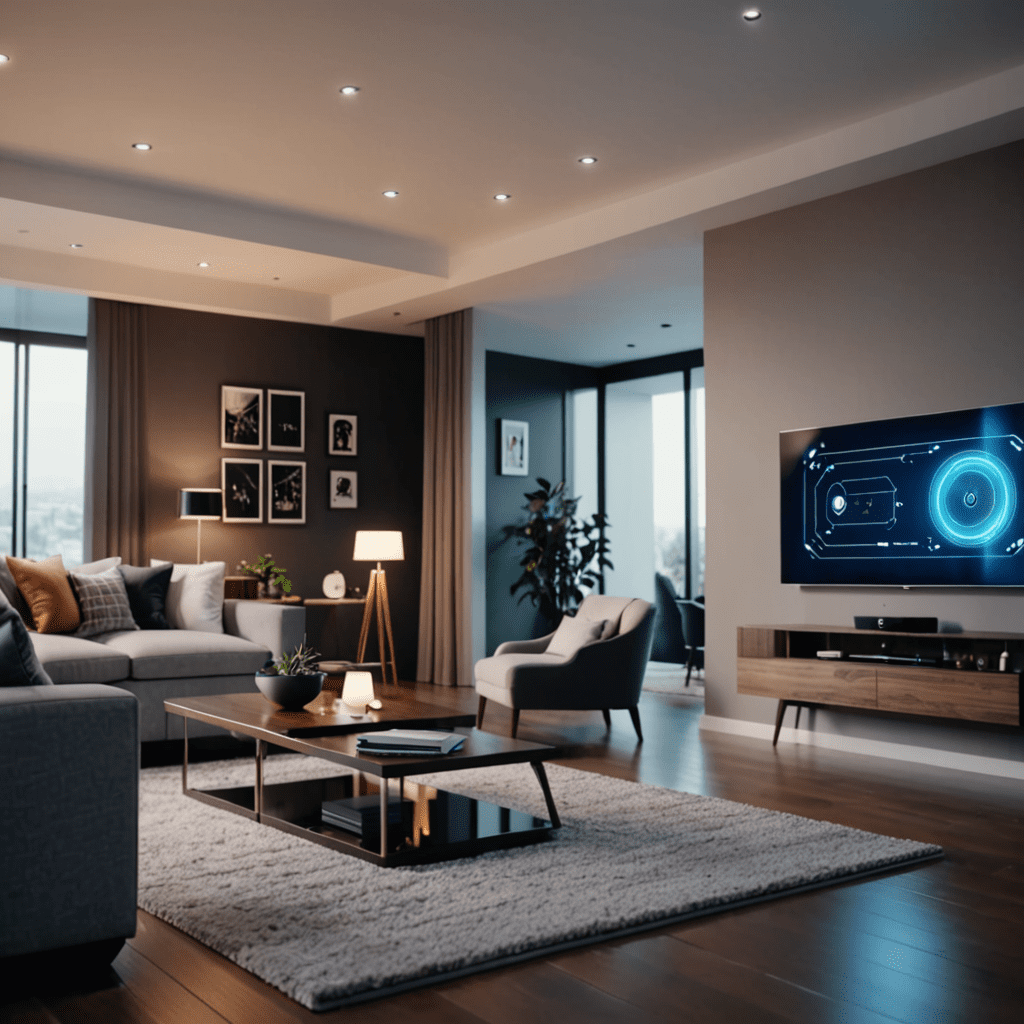
The Role of AI Assistants in Smart Homes
In the realm of smart home technology, Artificial Intelligence (AI) assistants play a pivotal role in enhancing convenience, efficiency, and overall user experience. Let’s delve into how these intelligent systems are transforming the way we interact with our living spaces.
1. What are AI Assistants in Smart Homes?
AI assistants are virtual or digital aides that leverage AI algorithms to understand and respond to human commands and perform tasks in smart homes. Popular examples include Amazon’s Alexa, Google Assistant, and Apple’s Siri.
2. Functions and Capabilities
AI assistants can control various smart devices like thermostats, lights, security cameras, and more through voice commands or smartphone apps. They can set reminders, provide weather updates, answer questions, stream music, and even order groceries online.
3. Improved Home Automation
By integrating AI assistants into smart home ecosystems, users can automate routine tasks and create personalized schedules. For instance, you can set your AI assistant to adjust the thermostat, turn on lights, and play music when you arrive home.
4. Enhanced Security Features
AI assistants can bolster home security by allowing users to monitor their property remotely, receive alerts about suspicious activities, and even communicate with visitors through connected doorbells. This adds an extra layer of safety and peace of mind.
5. Energy Efficiency and Cost Savings
Through smart sensors and AI algorithms, assistants can optimize energy usage by adjusting lighting, heating, and cooling based on occupancy and environmental conditions. This not only reduces utility bills but also contributes to a greener lifestyle.
6. Personalization and Adaptability
AI assistants learn from user interactions and preferences, tailoring recommendations and responses over time. They can suggest recipes, offer commute updates, or remind you of important appointments, creating a personalized and adaptive smart home experience.
7. Future Trends and Innovations
As AI technology advances, we can expect AI assistants to become even more integrated and intelligent in smart homes. Features like predictive maintenance, health monitoring, and seamless connectivity with other devices are on the horizon, promising a more interconnected and efficient living environment.
FAQs About the Role of AI Assistants in Smart Homes
What are AI Assistants in Smart Homes?
AI assistants in smart homes are virtual assistants powered by artificial intelligence technology. They help control various smart devices in the home, respond to voice commands, and perform tasks like setting reminders, playing music, and providing information.
How Do AI Assistants Enhance Smart Home Efficiency?
AI assistants enhance smart home efficiency by automating tasks, adjusting settings based on preferences, and optimizing energy usage. They can also learn behaviors over time to anticipate needs and provide a more personalized experience.
Which AI Assistants are Commonly Used in Smart Homes?
Popular AI assistants used in smart homes include Amazon Alexa, Google Assistant, Apple Siri, and Samsung Bixby. These assistants offer a range of features and compatibility with various smart home devices, allowing users to choose based on their preferences.
Can AI Assistants Improve Home Security?
AI assistants can improve home security by integrating with smart security systems, cameras, and sensors. They can send alerts, monitor for unusual activity, and even simulate occupancy when homeowners are away, enhancing overall safety and peace of mind.
How Do AI Assistants Handle Privacy Concerns in Smart Homes?
AI assistants prioritize user privacy by

